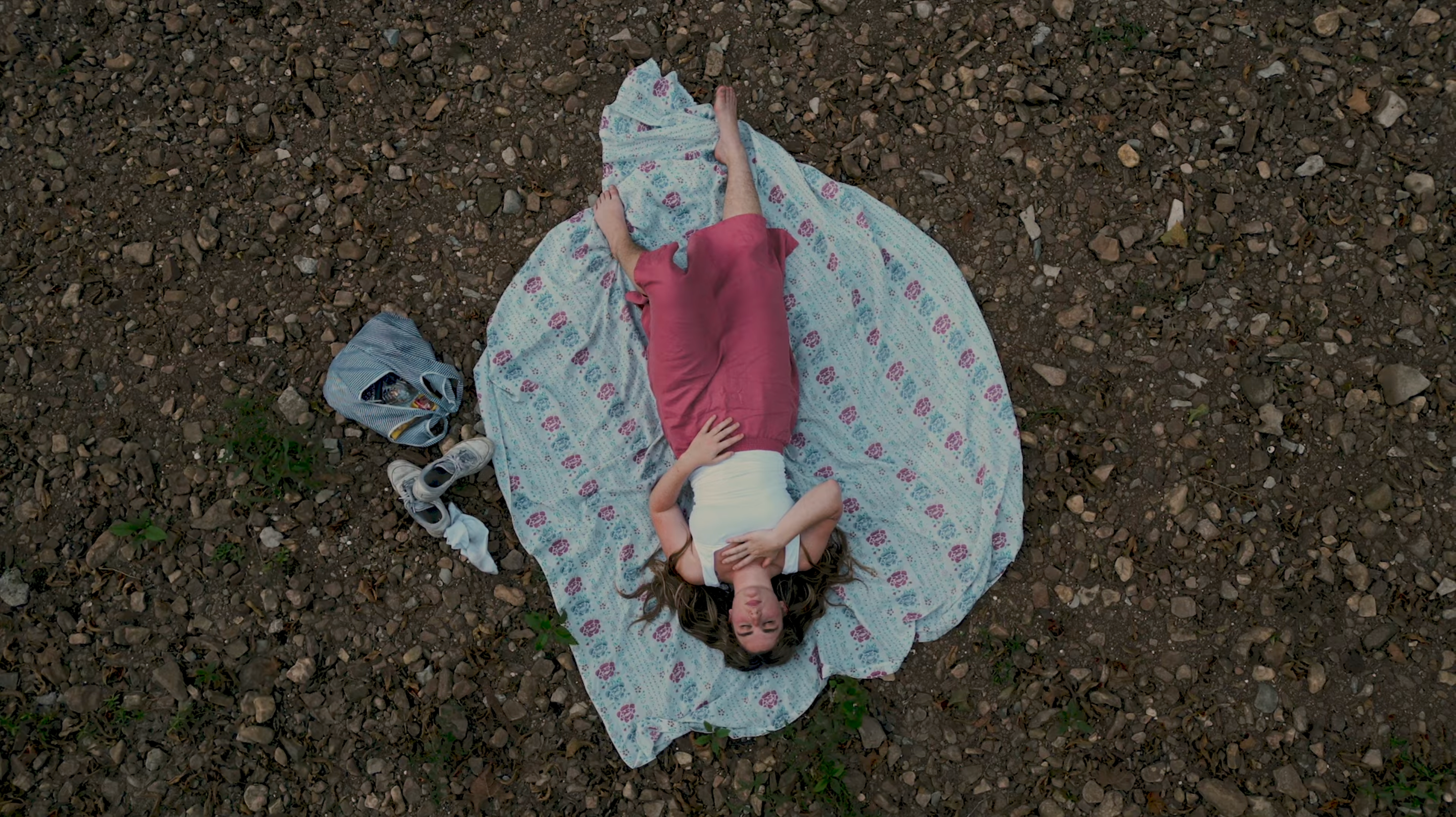Olivia Barton makes space to try with "This is a Good Sign"

Olivia Barton
This is a Good Sign
Snack Shack Tracks · November 4, 2022
Olivia Barton is an indie folk singer/songwriter from Orlando, Florida, now based in Boston after graduating from Berklee College of Music. This is a Good Sign is her sophomore album, in which she joins forces with producers Collin Pastore and Jake T. Finch (Lucy Dacus, Bre Kennedy, Hadley Kennary) to create a record layered in pure honesty, tender melodies, and emotional depth.
Barton’s new record feels like reading through her diary entries: she lays out what it feels like to grow into your struggles as a young adult. These are tracks driven by guitar and crisp vocals accompanied with raw lyricism that let the listener into the most vulnerable parts of her life. In her own words, she writes songs about “sad things she never intended to tell strangers.” The album opens with Barton showcasing the mundanity she feels in daily life – all the things she’s supposed to do but doesn’t – backed by a steady guitar and drum beat. She sings “I miss everything about anything I had before now,” carefully narrating how nostalgia seems to consume her as she reaches this point in her life where she’s supposed to be at her “peak,” and relates this sentiment with religious guilt, past trauma, and existentialism.
Barton digs into the struggles of growing up and defining yourself outside of others’ perspectives: “Playing Alone” seems to be the climax of this sentiment: with soft vocals, an atmospheric piano, and clashing sounds that differentiate this track from the rest of the work. “Cartwheel” is a conversation with her inner child: she gives her five-year-old self the nurture she disregarded before – “Light up / tear up / talk more / cartwheel.” The experience of being a musician is another common theme throughout the record: “I think in lyrics / I think in bad songs” in “Baby Pictures,” and “Have you been writing lately?… Nothing on the books yet / Writing is laborious” in “I Don’t Do Anything.” Barton gives us an insider peek into the struggles that come with being an artist, creating an intimate experience with the listener, like old friends who are catching up.
In “Erotic,” a song that was almost never finished, she is at her most vulnerable when she recounts a sexual violation experienced in her youth with someone older. The track is just guitar and vocals as she poetically strips bare and graphically recites her experience: “Sparkling beneath your grip… I’m a woman in service to men.” In “White Knuckling,” she opens with the lyric that summarizes the entire album with one line: “Is this a rite of passage / Or a bad one-woman show?” and wrestles to terms with the death of a friend. However, throughout this record, Barton shines glimmers of hope on all the good things that matter just as much. “Florida Honey” quite literally sounds like it’s dripping in honey as she sings about her partner, and “Antisocial” further elaborates on her relationship with a woman who makes her as happy as can be, no matter how imperfect they both are.
Barton is learning to love someone she doesn’t fully love yet (“I guess I don’t like being inside my body.”) With the closing track, she concludes to at least try: “What if all this is a good sign? / When I let go and make space to try.” Instrumentally, the album lacks some variety; it could’ve pushed a bit further outside the box and experimented more with the production to create a more defined sound. However, Barton’s lyricism shines throughout the entire record, and her storytelling, beautiful voice, and vulnerability make this album worth a listen.